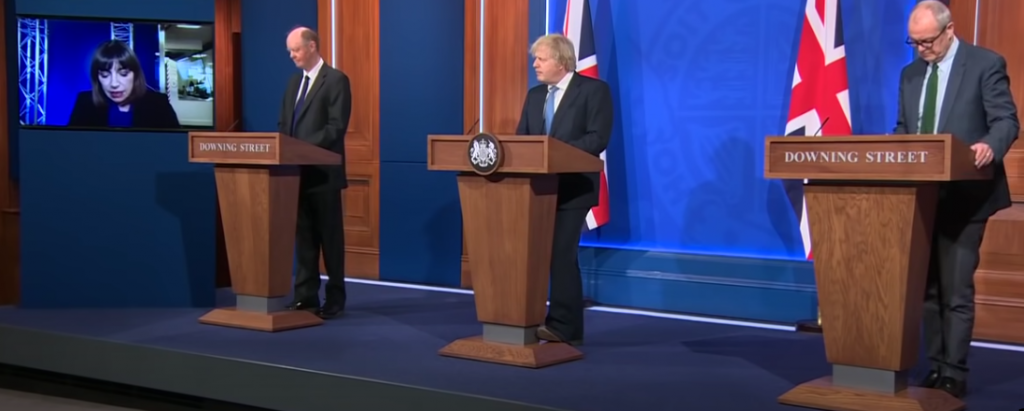“Probability factor of one to one. We have normality. I repeat: we have normality. Anything you still can’t cope with is therefore your own problem”

There has been much talk, since the advent of the vaccines, of a ‘return to normal’ in our lives with many organisations, not least Government, pressing for getting things back on track as soon as safely possible particularly in areas such as education. And whilst there is much debate about what is or is not ‘safely possible’ and at what point normality should return, no one seems to have asked whether we actually want to go back to normal or whether, specifically with regard to education, we might look upon the events of the last 14 months as an opportunity rather than a curse. Whether we should grasp this unique opportunity to make a fundamental change to some important aspects of our education system.
There are many ways in which this might be approached, but I want to look at one in particular which is the age at which children start and end formal schooling.
At present in England children have to be in full time education once they reach compulsory school age. This is on 31 December, 31 March or 31 August following their 5th birthday. In practice with the emphasis on children completing a reception year prior to starting proper school, this means that most go into formal education at age 4 – in the case of my own son due to his birthday being in August this was less than a month after he had turned 4.
Of course it doesn’t have to be this way. In many countries, including most of our European neighbours, children do not start formal education until they are 6 or, in the case of Sweden and Finland, 7 years old. There are exceptions of course. In France and Hungary the official starting age for school is 3 although they then do 3 years of preschool and start proper education at 6. There has long been pressure from some quarters for this to change in England and for us to adopt a more European system with children not starting full time education until age 6 or 7. The educational arguments for this – which seem to be pretty compelling – are set out by the “Too Much, Too Soon” Campaign on their website.
I think that, as well as a proper analysis of the educational and psychological merits of such a change, we should also consider this in terms of changing demographics. Currently we start compulsory education at 5, continue to 18 and then either enter the job market or continue education and training at University or through apprenticeships and other training schemes. Whilst the age at which we leave compulsory education has slowly increased – from 14 in 1918 to 15 in 1944, 16 in 1972 and then finally to 18 (with some exceptions) in 2013 – the age at which we start has remained the same at 5 since the Fisher Act of 1918.
But at the same time life expectancy has dramatically increased over the course of the last century from 49 years in 1920 to the current 81 years. Whilst this in itself is not a reason to change education ages, a consequence of this massive increase in life expectancy is that we are finally, over the last decade, starting to increase retirement age as well. When I started work in 1986 retirement age was 60 for women and 65 for men. When I do eventually qualify for my pension I will, unless they make further changes, be 68. And for many, hopefully including myself, the opportunity now exists to continue in employment well past that formal pension age.
So perhaps with the increase in age at which we end our working lives, we should also start to consider a corresponding increase in the age at which we start them. Shifting the whole education system by 2 years would mean that children start school at 7. They would take GCSEs at 18 (incidentally meaning they are also mostly past the huge physical and mental changes that accompany mid teenage years before they start these important exams), go into further education and training at 20 and start full time employment at 23. Under normal circumstances this would be an overwhelming change beyond the wit of any Government. But we now have children and students who have missed almost 2 years of their normal education so surely now is the golden opportunity for us to make a dramatic and long overdue change which will benefit not just the children of the future but the children going through the education system right now.
I have only really just skimmed the surface of this idea and its implications for our society in this piece so would be very interested to continue the discussion in the comments.